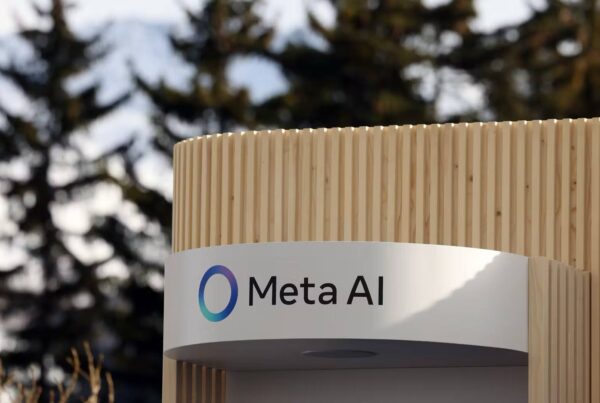Artificial intelligence has entered the center stage of the global climate crisis debate. The United Nations climate chief, Simon Stiell, emphasized that this technology could become a decisive factor in accelerating the transition to clean energy, even though the risks cannot be ignored. He delivered this message at Climate Week New York on September 22, 2025.
Stiell underlined that energy consumption from data centers used to train and run AI models continues to surge. The International Energy Agency (IEA) projects that electricity usage by data centers could more than double, reaching around 945 terawatt-hours by 2030, close to 3 percent of global electricity consumption. Within this, the share consumed by AI could rise to as much as 50 percent if growth trends remain unchecked.
Despite these daunting challenges, AI also offers real opportunities. The technology can optimize energy systems by enabling smarter load scheduling, maximizing renewable integration, and strengthening grid reliability. In the climate context, AI can also speed up risk mapping for disasters, helping governments and businesses allocate adaptation investments more effectively.
AI in Climate Governance and Green Economy
The UN believes artificial intelligence can reinforce climate diplomacy. With more accurate data analysis, countries can better track Paris Agreement implementation and identify policy gaps faster. Stiell even described AI as a vital tool for preparing more ambitious national contributions ahead of COP30 in Brazil.
In economic terms, the opportunities are significant. AI can help heavy industries cut emissions by improving efficiency in production processes. However, Stiell warned that financing for low-carbon projects still lags. Without regulatory support and clear funding mechanisms, AI adoption could widen the gap between nations with advanced digital infrastructure and those falling behind.
Energy Risks and the Demand for Regulation
Stiell’s primary concern is massive energy consumption. In 2024, data centers consumed about 415 terawatt-hours of electricity, equal to 1.5 percent of global usage. Without efficiency measures, the AI-driven demand surge could overburden power grids and increase reliance on fossil fuel generation.
Therefore, he urged technology companies to prioritize renewable energy for their data centers. Governments, he added, must establish regulations requiring transparency on carbon footprints as well as measurable energy efficiency targets. Without policy intervention, the rising electricity demand from AI could undermine global decarbonization efforts.
Road to COP30 Brazil
According to Stiell, the world is at a critical turning point. Current climate commitments remain insufficient to keep temperature rise below 1.5 degrees Celsius. AI could act as an accelerator, but only if directed properly. He stressed that the clean energy transition should be seen not just as a burden, but as a tremendous opportunity to create jobs, improve public health, and strengthen long-term economic stability.
This call comes as global attention shifts toward COP30 in Brazil, which will be a decisive forum for countries to submit stronger climate pledges. Stiell expressed optimism but made clear that time is running out.
Ultimately, artificial intelligence will continue to advance at great speed. The world must ensure its development aligns with climate goals. The risks are real, from excessive energy consumption to potential misuse of information. Yet the opportunities are even greater if managed responsibly.
The UN climate chief’s strong statement shows that discussions about the future of AI are no longer just about technology—they are also about how humanity confronts the existential threat of climate change.






